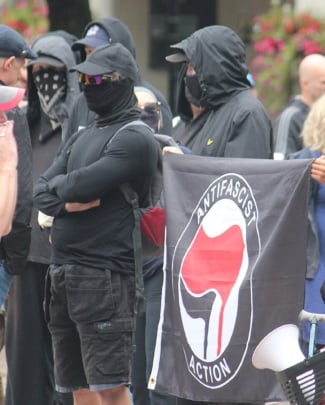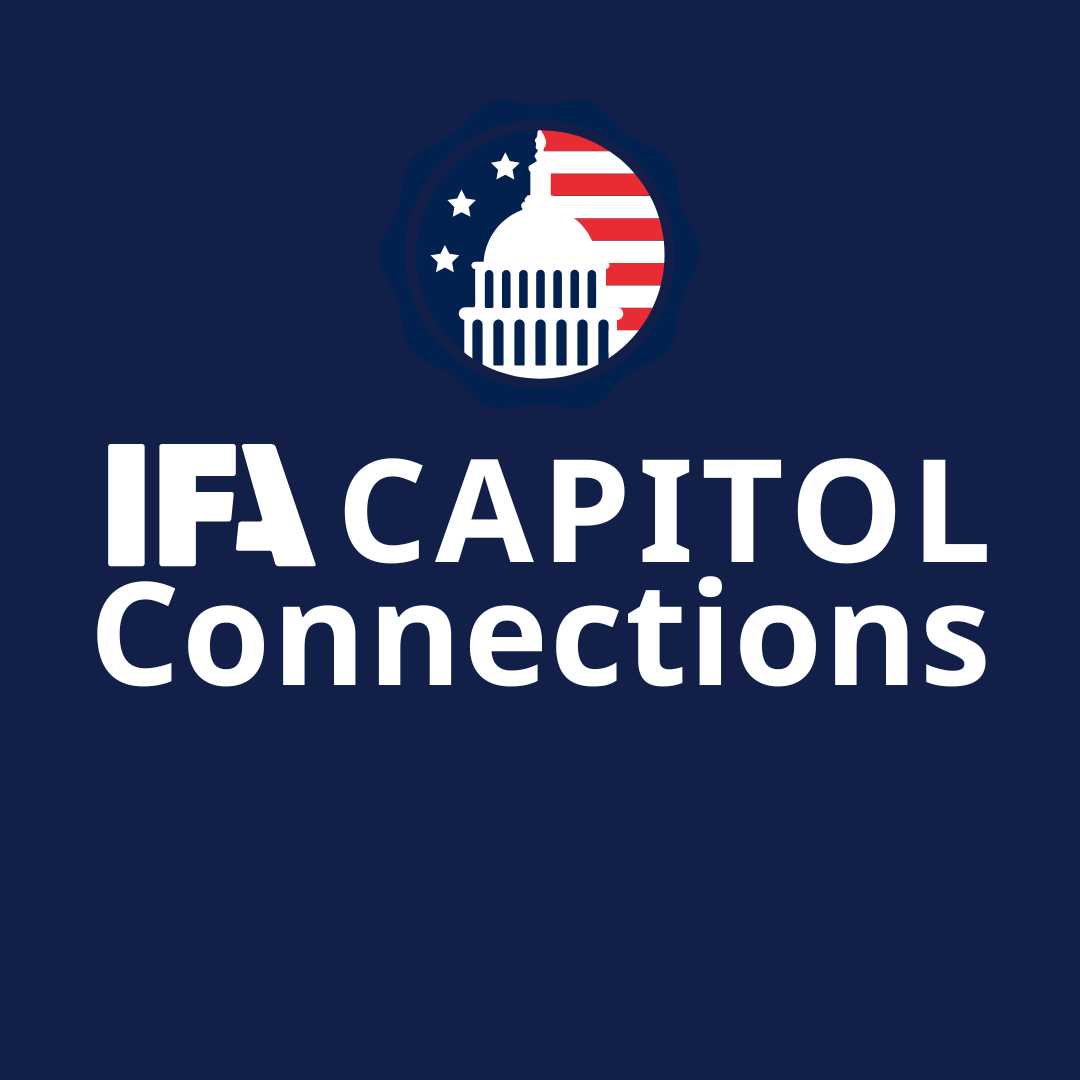WE HAVE RELIGIOUS FREEDOM, LET’S USE IT
‘FRIEND OF THE COURT’ BRIEF FILED IN CASE THAT COULD OVERTURN ROE V....
NEW SD BILL WOULD PUNISH DOCTORS WHO PERFORM SEX REASSIGNMENT SURGERY ON...
TODAY IS A DAY OF TEARS–THE ANNIVERSARY OF ROE V. WADE
GOAL OF YOUTH CONFERENCE: GOD, NOT KANYE, WAS TO BE GLORIFIED
WE HAVE RELIGIOUS FREEDOM, LET’S USE IT
As a youth, I participated in annual “See You at the Pole” prayer gatherings at my public high school. Standing out there by the flag pole as my peers walked by – some with curious looks on their faces – was not easy. In a school of more than a thousand students, ten or fifteen of us would gather in the cool morning air. We were a small group, but I remember being thankful for those who came, especially when there was someone I did not expect to see. We did not have signs or special shirts for the occasion, and I can tell you we were not there to make a political statement. We were simply there to pray. We prayed for our nation, our community, and our school. It was uncomfortable, but it was important.
Pray through President Trump’s affirmation of school prayer–click to download.
Our schools need prayer now more than ever, and our nation similarly needs the help of big-hearted faith-based ministries. Scourges of violence, drug abuse, depression, loneliness, and other ills are afflicting our culture. People of faith and prayer want to help, and the government should let them.
That underlines the significance of last week’s Religious Freedom Day announcements at the White House. What has received most media attention is the Trump Administration’s move to ensure public schools are affirmatively certifying their respect for students’ constitutional right to pray. This has been ho-hummed by some critics who dismiss it as posturing since that right is already established and, they presume, protected. However, what the administration did is an important reminder in a culture where religion is increasingly an oddity treated with simple misunderstanding by some and hostility by others.
In a USA Today op-ed published last Friday, U.S. Secretary of Education Betsy DeVos declared:
The freedom to express ourselves — through speech, through the press, through assembly, through petition and through faith — defines what it means to be American. And no American forfeits these freedoms — including the right to pray — to anyone or in any place, especially in public schools. The notion of “separation of church and state” is not an invitation for government to separate people from their faith.
She contended, however, that such unjust separation is what has happened too many times. In case any might doubt, she highlighted documented cases of a fourth-grader forced by a teacher to wipe off cross-shaped ashes during Lent, a teen coerced by school officials to close down a prayer locker, and a high school football coach pushed out of his job for silently praying on his own after games.
People of faith have faced similar unfairness elsewhere in the public square. The Trinity Lutheran case before the U.S. Supreme Court in 2017 arose after the State of Missouri refused a church preschool a grant to resurface a playground. This denial of funds came despite proof that the church was well qualified according to all the state’s metrics, save one… it was religious. Thankfully, seven of nine justices ruled for the church.
The landmark Trinity Lutheran ruling has in turn bolstered other efforts to end discrimination against ministries that do so much good for communities in need. For example, the Federal Emergency Management Agency decided to no longer withhold otherwise available aid to houses of worship after disastrous storms.
Now, at the same time as the school prayer announcement, the Trump Administration has proposed new rules across the executive branch to treat ministries performing social services like the equally qualified and capable citizens they are. These proposals have received less press attention so far, but they may well become of even more long-term importance and most certainly are in need of prayer covering as they advance in the months ahead.
While each of the nine departments will have their own particular aims in their rulemakings, the overall intent of this new effort was summed up by Joe Grogan, director of the White House Domestic Policy Council, in an interview with The Daily Signal:
It’s patronizing, clearly to citizens, first and foremost, that people should be presumed to be offended by people of faith. We all interact with people of different faiths on a daily basis and we’re not offended by it as responsible human beings, so why would the government presume this is outrageous. And why would we have this additional burden on religious organizations or people who are called to particular work to help people, out of spiritual belief, is beyond me.
Let us pray for those in government to see more and more the power and value of ministries with community missions that stem from the love of Christ. Government agents should not and certainly do not need to favor any religion in our republic. They also should not disfavor someone for living out their beliefs. Government officials simply need to check unjust bias at the door and let the faithful minister freely.
Aaron Mercer is a Contributing Writer with two decades of experience in Washington, D.C.’s public policy arena and Christian associations. A seasoned strategist, he aids organizations with research, analysis, and writing services, and he reflects on faith, technology, and the public square. Connect with Aaron on LinkedIn and Twitter.
Partner with Us
Intercessors for America is the trusted resource for millions of people across the United States committed to praying for our nation. If you have benefited from IFA's resources and community, please consider joining us as a monthly support partner. As a 501(c)3 organization, it's through your support that all this possible.


We use cookies to ensure that we give you the best experience on our website. If you continue to use this site we will assume that you are happy with it. Privacy Policy




Comments
She contended, however, that such unjust separation is what has happened too many times. In case any might doubt, she highlighted documented cases of a fourth-grader forced by a teacher to wipe off cross-shaped ashes during Lent, a teen coerced by school officials to close down a prayer locker, and a high school football coach pushed out of his job for silently praying on his own after games.
^ way to twist a situation out of context. The truth is that these were already protected by law. The teacher(s) were in the wrong. However, what it DOESN’T protect is preaching during lunch or during the school day. Students are allowed to pray independently at any time during the day, that is also protected. Also bible classes after and before school are protected.
Please stop with the concept that Freedom of Religion means that someone has to follow your narrow idea of Christianity. Why should an Atheist, Buddhist, Methodist, be forced to believe that a subset of humans are less than human and be discriminated against?
In the face of the constant baiting & feeding of division w/n the media I declare a revolution of unity shall sweep this nation! Our voices should rise up and counter every victimizing & divisive comment of a bureaucracy that is feeding at that trough. Our voices should proclaim the hope of Christ & quit agreeing w/death, hell & the grave! Life and life more abundantly! God Himself used only His voice to create this world w/love.
Live in the word. Psalm 27.. Be ready. Live in praise… iIt is our privilege. Live in humility . Pray fervently to Abba. Jesus is coming again .
Thank God
Be Open
Be faithful